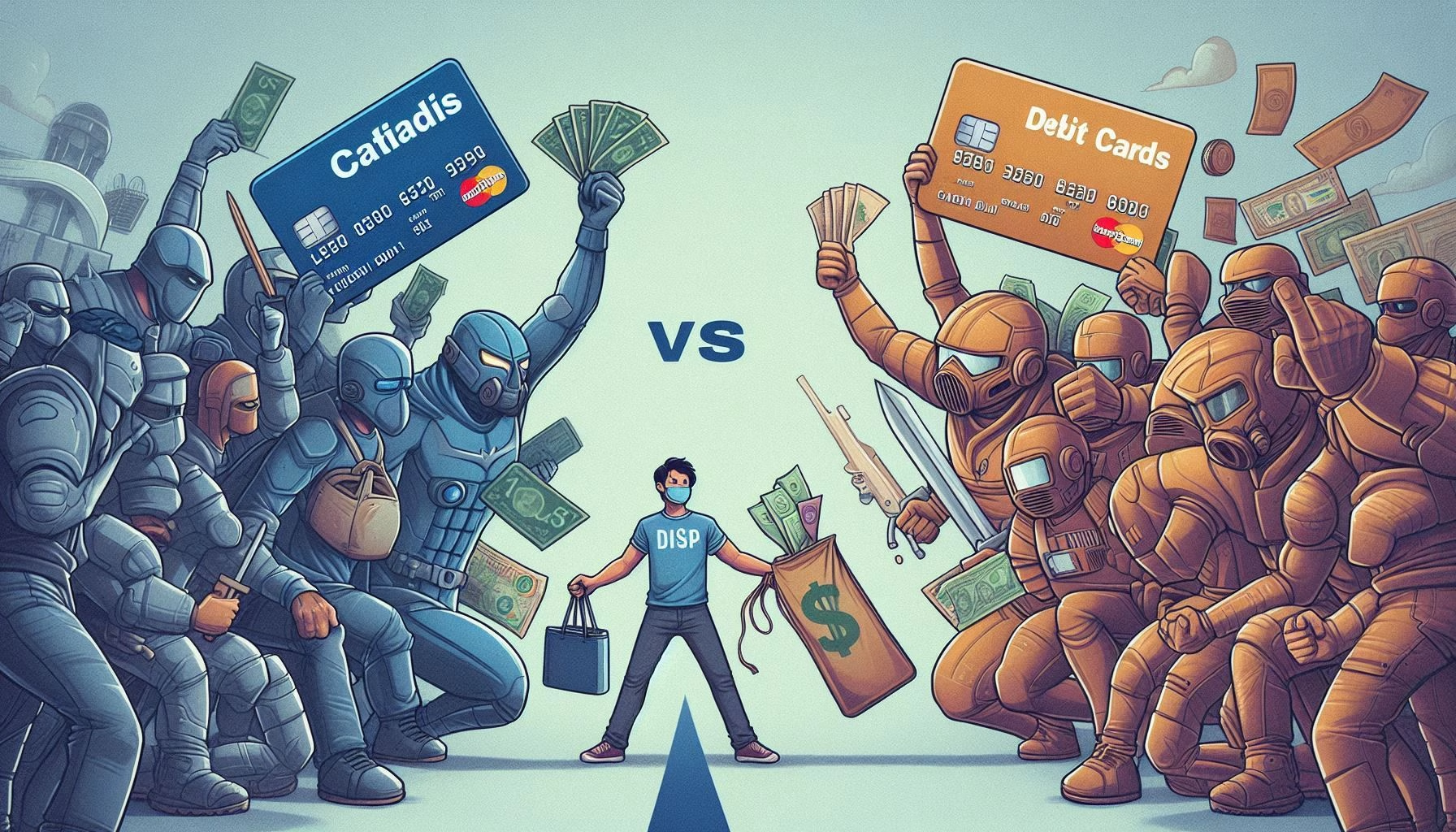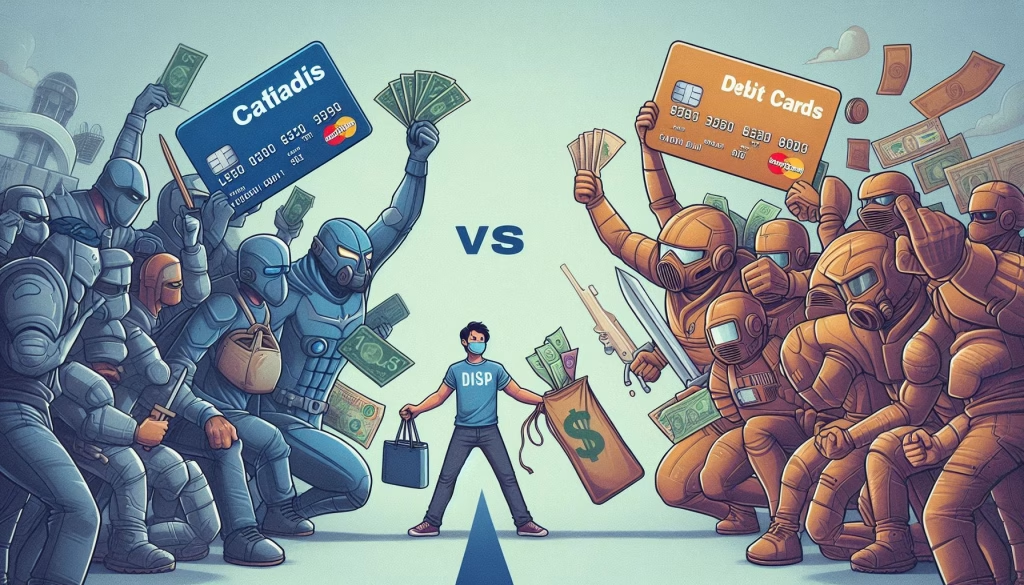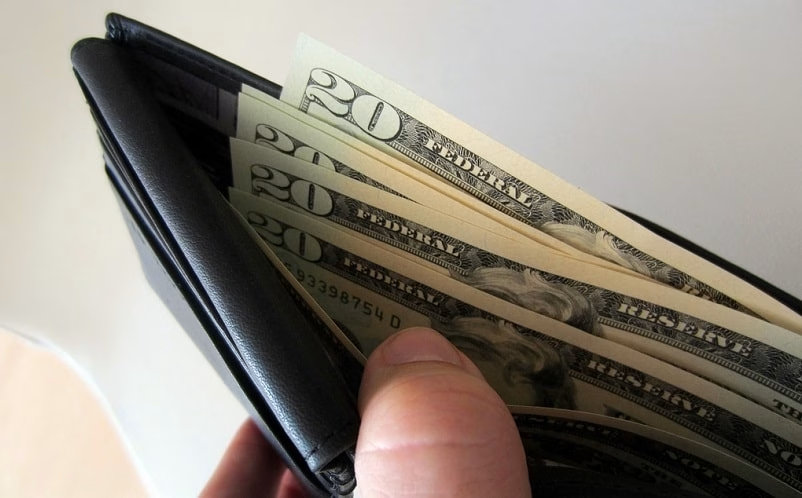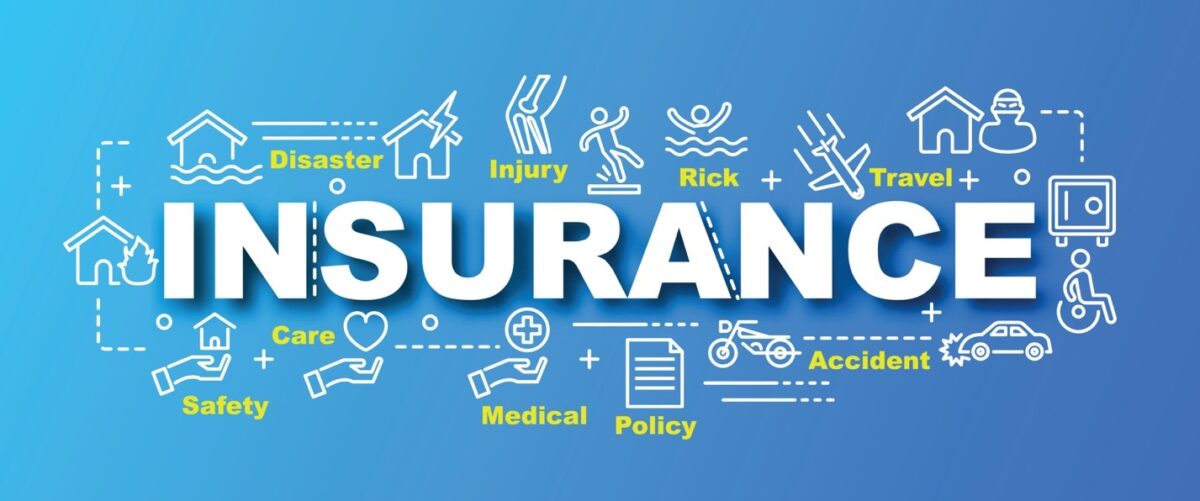Table of Contents
- Overview
- Understanding Credit Cards and Debit Cards
- Credit Cards
- Debit Cards
- Safety Features of Credit Cards
- Safety Features of Debit Cards
- When to Use Credit Cards vs. Debit Cards
- Use Credit Cards
- Tips for Responsible Credit Card Usage
- Use Debit Cards
- Tips for Responsible Debit Card Usage
- The Conclusion
Overview
Credit and debit cards are widely used cashless payment methods. The key difference between them lies in the source of funds: when you use a debit card, the money is directly transferred from your bank account, which is essentially spending your own money.
Credit card payments involve using funds borrowed from banks. As a result, cardholders are required to pay a penalty if their payments are delayed.
The security of financial products is a critical concern. It is often argued that credit cards offer more safety than debit cards. The reasons for this are explored in the subsequent review.
In the world of personal finance, the debate between credit cards and debit cards is a longstanding one. Both types of cards offer convenience and ease of use, but when it comes to safety and security, credit cards often have the upper hand. Understanding the differences between credit cards and debit cards, and the safety features each offers, can help you make informed decisions about which card to use in various situations.
Understanding Credit Cards and Debit Cards
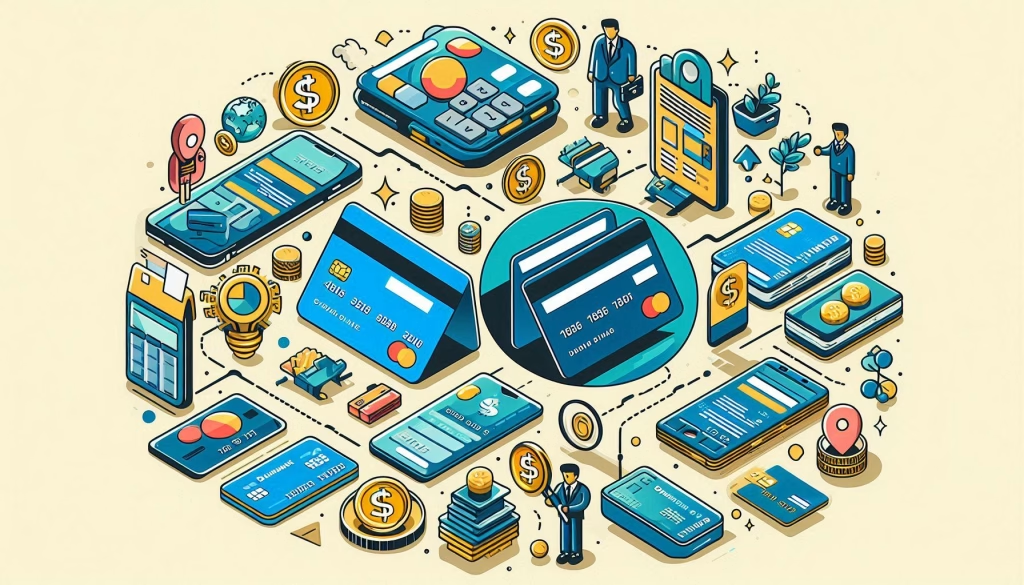
Before diving into the safety debate, it’s essential to understand the fundamental differences between credit cards and debit cards.
Credit Cards
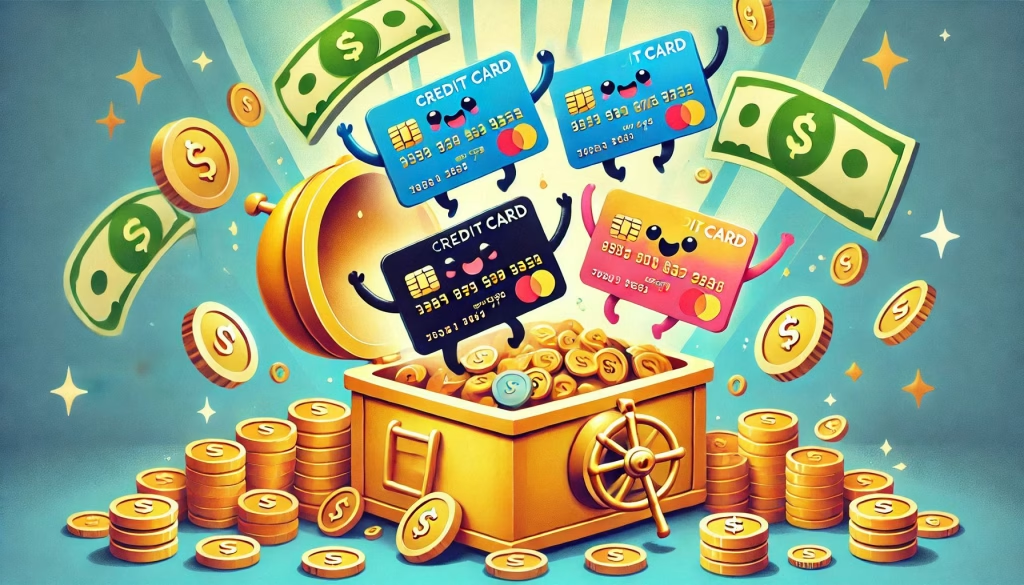
Credit cards allow you to borrow money from a financial institution up to a certain limit to make purchases or withdraw cash. When you use a credit card, you are essentially taking out a short-term loan that you must repay, either in full by the due date or over time with interest. Credit cards come with various features, such as rewards programs, cashback offers, and travel benefits.
Debit Cards
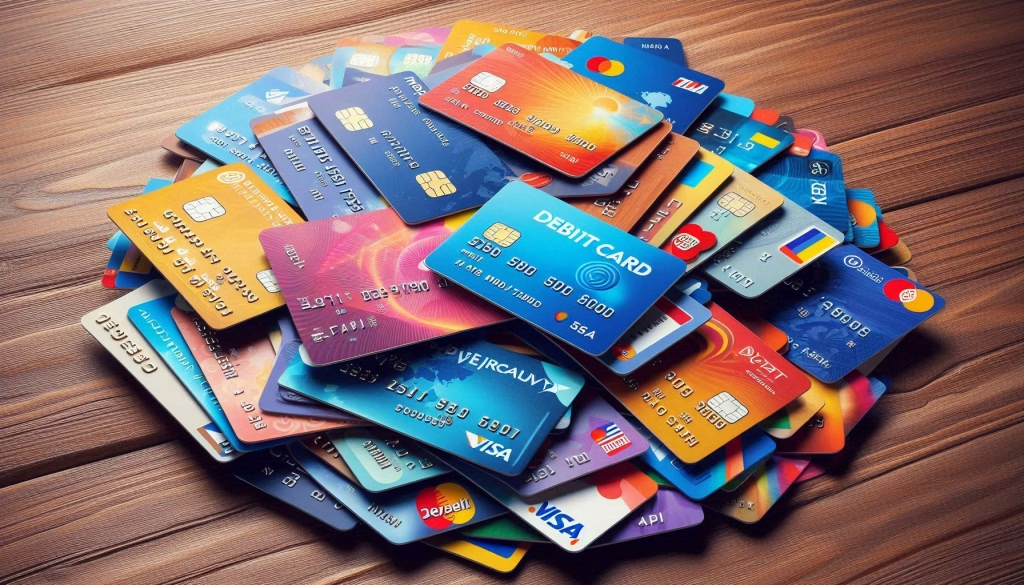
Debit cards, on the other hand, are linked directly to your checking account. When you use a debit card, the money is immediately deducted from your account to cover the purchase. Debit cards do not involve borrowing money, and there are no interest charges. They are often used for everyday transactions, such as grocery shopping and bill payments.
Safety Features of Credit Cards
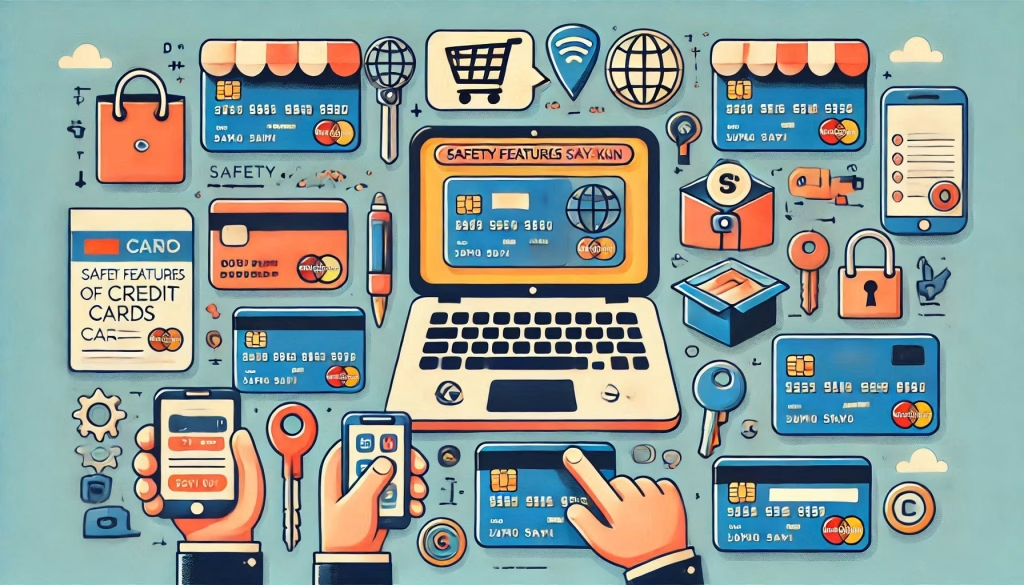
Credit cards offer several safety features that make them a preferred choice for many consumers. Here are some key safety aspects of credit cards:
Safety Features of Credit Cards No.1
InsuranceWhat.com
Fraud Protection
One of the most significant safety advantages of credit cards is their robust fraud protection. Most credit card issuers offer zero liability policiesPolicy The policy is a binding agreement and is agreed upon by the insurance company and policyholder in writing. An agreement made by the policyholder with an insurance company., meaning you are not responsible for unauthorized charges made on your card. If your credit card is lost or stolen, you can report it to the issuer, and they will investigate the fraudulent transactions. In most cases, you will not be held liable for any unauthorized charges.
Safety Features of Credit Cards No.2
InsuranceWhat.com
Dispute Resolution
Credit cards provide a straightforward dispute resolution process. If you encounter a problem with a purchase, such as receiving a defective product or being charged incorrectly, you can dispute the charge with your credit card issuer. The issuer will investigate the issue and may issue a temporary credit to your account while the dispute is being resolved. This protection gives you leverage when dealing with merchants and ensures that you are not out of pocket for disputed charges.
Safety Features of Credit Cards No.3
InsuranceWhat.com
Purchase Protection
Many credit cards offer purchase protection, which covers eligible purchases against damage, theft, or loss for a specified period. This feature provides an added layer of security for high-value items and can be particularly useful for online shopping. Purchase protection policies vary by issuer, so it’s essential to review the terms and conditions of your credit card.
Safety Features of Credit Cards No.4
InsuranceWhat.com
Extended Warranties
Some credit cards offer extended warranty coverage on eligible purchases. This benefit extends the manufacturer’s warranty by a certain period, providing additional protection for your purchases. Extended warranties can be valuable for electronics, appliances, and other high-cost items, giving you peace of mind and saving you money on potential repairs or replacements.
Safety Features of Credit Cards No.5
InsuranceWhat.com
Travel Insurance
Many credit cards come with travel insurance benefits, including trip cancellation and interruption coverage, lost luggage reimbursement, and travel accident insurance. These benefits can provide significant financial protection when traveling and help you recover costs in case of unexpected events. Travel insurance coverage varies by card, so it’s essential to understand the specific benefits offered by your credit card.
Safety Features of Debit Cards
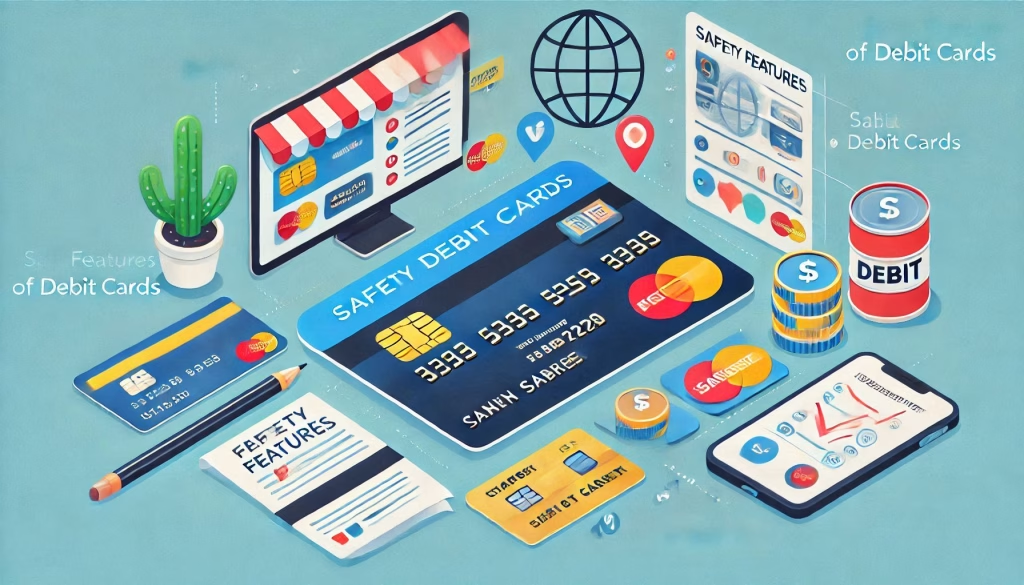
While debit cards offer convenience and ease of use, they generally lack the robust safety features of credit cards. Here are some key safety aspects of debit cards:
Safety Features of Debit Cards No.1
InsuranceWhat.com
Limited Fraud Protection
Debit cards offer some level of fraud protection, but it is often less comprehensive than that of credit cards. Under federal law, your liability for unauthorized debit card transactions is limited to $50 if you report the loss or theft within two business days. However, if you wait longer, your liability can increase significantly. Additionally, the process of recovering funds from fraudulent transactions can be more cumbersome and time-consuming with debit cards.
Safety Features of Debit Cards No.2
InsuranceWhat.com
Immediate Impact on Funds
When you use a debit card, the money is immediately deducted from your checking account. This means that any unauthorized transactions can have an immediate impact on your available funds, potentially causing overdrafts and other financial issues. In contrast, credit card transactions do not affect your bank account balance, giving you more time to address any fraudulent charges.
Safety Features of Debit Cards No.3
InsuranceWhat.com
Limited Dispute Resolution
Dispute resolution with debit cards can be more challenging than with credit cards. While you can still dispute unauthorized transactions or billing errors, the process may take longer, and you may not have the same level of protection as with a credit card. Additionally, the funds in question are already withdrawn from your account, which can create financial strain while the dispute is being resolved.
Safety Features of Debit Cards No.4
InsuranceWhat.com
Lack of Purchase Protection
Most debit cards do not offer purchase protection or extended warranties. This means that if an item you purchase with a debit card is damaged, stolen, or lost, you may not have any recourse for reimbursement. The lack of purchase protection can be a significant drawback, especially for high-value items and online purchases.
When to Use Credit Cards vs. Debit Cards
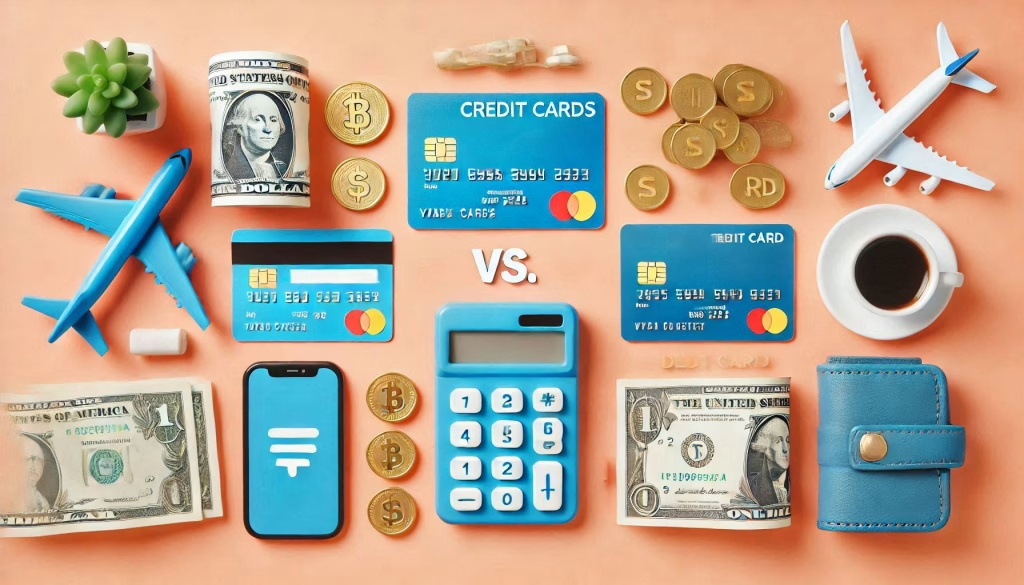
Given the safety features of credit cards and debit cards, it’s essential to understand when to use each type of card to maximize your financial security.
Use Credit Cards

Credit cards are a versatile financial tool that can offer numerous benefits when used responsibly. They provide convenience, security, and the potential to earn rewards on everyday purchases. However, knowing when and how to use credit cards effectively is crucial to maximizing their advantages and avoiding potential pitfalls. This article explores various scenarios where using credit cards can be particularly beneficial and offers tips for making the most of your credit card usage.
Use Credit Cards No.1
InsuranceWhat.com
Online Shopping
One of the most common and advantageous uses of credit cards is for online shopping. Credit cards offer robust fraud protection, making them a safer option compared to debit cards. Most credit card issuers provide zero liability policies, meaning you are not responsible for unauthorized charges made on your card. If your credit card information is compromised during an online transaction, you can report the fraudulent activity and have the charges reversed without impacting your bank account balance.
Additionally, many credit cards offer purchase protection, which covers eligible items against damage, theft, or loss for a specified period. This feature provides an added layer of security for online purchases, ensuring that you are protected in case something goes wrong with your order.
Use Credit Cards No.2
InsuranceWhat.com
Travel and Vacation Expenses
Using credit cards for travel and vacation expenses can provide significant benefits, including travel insurance, rewards points, and convenience. Many credit cards offer travel insurance benefits, such as trip cancellation and interruption coverage, lost luggage reimbursement, and travel accident insurance. These benefits can help you recover costs in case of unexpected events, providing peace of mind while traveling.
Credit cards also allow you to earn rewards points or miles on travel-related purchases, such as flights, hotels, and rental cars. Accumulating these points can lead to significant savings on future travel expenses. Additionally, using a credit card for travel expenses can simplify your budgeting and record-keeping, as all your transactions will be consolidated on your credit card statement.
Use Credit Cards No.3
InsuranceWhat.com
High-Value Purchases
Credit cards are an excellent choice for high-value purchases, such as electronics, appliances, and furniture. Many credit cards offer extended warranty coverage on eligible items, extending the manufacturer’s warranty by a certain period. This benefit provides additional protection for your purchases, saving you money on potential repairs or replacements.
Furthermore, credit cards often come with purchase protection, which covers eligible items against damage, theft, or loss for a specified period. This feature ensures that your high-value purchases are protected, giving you peace of mind and added security.
Use Credit Cards No.4
InsuranceWhat.com
Recurring Payments and Subscriptions
Using credit cards for recurring payments and subscriptions can help you manage your finances more efficiently. By setting up automatic payments for bills, such as utilities, streaming services, and gym memberships, you can ensure that your payments are made on time, avoiding late fees and service interruptions.
Credit cards also provide a convenient way to track your recurring expenses, as all your transactions will be listed on your credit card statement. This can help you monitor your spending and identify any unauthorized charges or billing errors.
Use Credit Cards No.5
InsuranceWhat.com
Building and Improving Credit
Responsible credit card usage can help you build and improve your credit score. Your credit score is a crucial factor in determining your eligibility for loans, mortgages, and other financial products. By using your credit card regularly and making timely payments, you can demonstrate your creditworthiness to lenders and improve your credit score over time.
To maximize the positive impact on your credit score, keep your credit utilization ratio low by using only a small portion of your available credit limit. Aim to pay off your balance in full each month to avoid interest charges and maintain a positive payment history.
Use Credit Cards No.6
InsuranceWhat.com
Earning Rewards and Cashback
Many credit cards offer rewards programs that allow you to earn points, miles, or cashback on your purchases. These rewards can add up quickly, providing significant savings and benefits. For example, you can redeem rewards points for travel, merchandise, gift cards, or statement credits, while cashback cards offer a percentage of your spending back as cash.
To maximize your rewards, choose a credit card that aligns with your spending habits and offers the best rewards for your lifestyle. For example, if you frequently dine out, look for a card that offers higher rewards rates on dining purchases. Similarly, if you travel often, consider a card that offers travel rewards and benefits.
Use Credit Cards No.7
InsuranceWhat.com
Emergency Expenses
Credit cards can be a valuable resource for covering emergency expenses, such as unexpected medical bills, car repairs, or home maintenance. Having a credit card with a sufficient credit limit can provide a financial safety net, allowing you to address urgent expenses without depleting your savings.
While it’s essential to use credit cards responsibly, having access to credit in emergencies can provide peace of mind and financial flexibility. Be sure to pay off the balance as soon as possible to avoid accumulating interest charges.
Tips for Responsible Credit Card Usage
While credit cards offer numerous benefits, it’s essential to use them responsibly to avoid potential pitfalls. Here are some tips for making the most of your credit card usage:
- Pay Your Balance in Full: Aim to pay off your credit card balance in full each month to avoid interest charges and maintain a positive payment history.
- Monitor Your Spending: Keep track of your credit card transactions and monitor your spending to ensure that you stay within your budget.
- Set Up Alerts: Use your credit card issuer’s alert system to receive notifications for due dates, payment confirmations, and suspicious activity.
- Avoid Maxing Out Your Card: Keep your credit utilization ratio low by using only a small portion of your available credit limit. This can help improve your credit score and avoid potential financial strain.
- Review Your Statements: Regularly review your credit card statements to identify any unauthorized charges or billing errors. Report any discrepancies to your credit card issuer immediately.
- Use Rewards Wisely: Redeem your rewards points or cashback strategically to maximize their value. Consider using rewards for travel, statement credits, or other high-value options.
Use Debit Cards

Debit cards are a convenient and widely accepted form of payment that can be used for a variety of transactions. They offer several advantages, including ease of use, immediate access to funds, and the ability to help manage spending. While credit cards often receive attention for their rewards and benefits, debit cards also have their place in a well-rounded financial strategy. This article explores various scenarios where using debit cards can be particularly beneficial and offers tips for making the most of your debit card usage.
Use Debit Cards No.1
InsuranceWhat.com
Everyday Expenses
Debit cards are an excellent choice for everyday expenses, such as grocery shopping, dining out, and purchasing household items. Using a debit card for these routine transactions allows you to pay directly from your checking account, helping you stay within your budget and avoid accumulating debt. Since the funds are immediately deducted from your account, you can easily track your spending and ensure that you are not overspending.
Use Debit Cards No.2
InsuranceWhat.com
Budgeting and Financial Discipline
One of the key advantages of using a debit card is that it can help you maintain financial discipline. Unlike credit cards, which allow you to borrow money and potentially accumulate debt, debit cards limit your spending to the available balance in your checking account. This can be particularly beneficial for individuals who are working on improving their financial habits and want to avoid the temptation of overspending. By using a debit card, you can develop better budgeting skills and ensure that you are living within your means.
Use Debit Cards No.3
InsuranceWhat.com
Cash Withdrawals
Debit cards are a convenient way to access cash when needed. Most debit cards are linked to your checking account and can be used at ATMs to withdraw cash. This can be particularly useful for situations where cash is preferred or required, such as at small businesses, farmers’ markets, or when tipping service providers. Additionally, using a debit card for cash withdrawals can help you avoid the high fees and interest charges associated with credit card cash advances.
Use Debit Cards No.4
InsuranceWhat.com
Avoiding Interest Charges
One of the primary benefits of using a debit card is that it allows you to avoid interest charges. Since debit card transactions are funded directly from your checking account, there is no borrowing involved, and therefore, no interest accrues. This can be a significant advantage for individuals who want to avoid the potential pitfalls of carrying a credit card balance and paying high-interest rates. By using a debit card, you can manage your finances more effectively and avoid the additional costs associated with credit card debt.
Use Debit Cards No.5
InsuranceWhat.com
Small Purchases
Debit cards are ideal for small purchases, such as buying a cup of coffee, paying for public transportation, or picking up a quick snack. Using a debit card for these minorMinor Policyholders who are under 21 years of age. transactions can be more convenient than carrying cash and can help you keep track of your spending. Additionally, many merchants prefer debit card payments for small purchases, as they often have lower transaction fees compared to credit cards.
Use Debit Cards No.6
InsuranceWhat.com
Bill Payments
Using a debit card for bill payments can be a convenient and efficient way to manage your monthly expenses. Many service providers, such as utilities, phone companies, and subscription services, accept debit card payments. By setting up automatic payments with your debit card, you can ensure that your bills are paid on time, avoiding late fees and service interruptions. This can also help you streamline your finances and reduce the riskRisk Risk is a loss that occurs to the insured individual or object. Various bad possibilities could happen to someone. of missed payments.
Use Debit Cards No.7
InsuranceWhat.com
Travel and Transportation
While credit cards often offer travel-related benefits, debit cards can also be useful for travel and transportation expenses. For example, you can use your debit card to pay for public transportation, such as buses, trains, and subways. Additionally, many car rental companies and hotels accept debit cards for reservations and payments. However, it’s important to note that some car rental companies and hotels may place a hold on your account for a certain amount, which can temporarily reduce your available balance. Be sure to check the policies of the specific company before using your debit card for these transactions.
Use Debit Cards No.8
InsuranceWhat.com
Online Shopping
Debit cards can be used for online shopping, providing a convenient way to make purchases from the comfort of your home. When using a debit card for online transactions, it’s essential to ensure that the website is secure and reputable to protect your financial information. Many debit cards offer fraud protection, but the process of recovering funds from unauthorized transactions can be more cumbersome compared to credit cards. To enhance security, consider using a virtual debit card number or a payment service that offers additional protection, such as PayPal.
Use Debit Cards No.9
InsuranceWhat.com
International Transactions
Debit cards can be a practical option for international transactions, whether you’re traveling abroad or making purchases from international retailers. Many debit cards are part of global payment networks, such as Visa or Mastercard, allowing you to use them in various countries. Additionally, using a debit card for international transactions can help you avoid the high-interest rates and fees associated with credit card cash advances. However, be aware of any foreign transaction fees that may apply and consider using a debit card that offers low or no foreign transaction fees.
Use Debit Cards No.10
InsuranceWhat.com
Teaching Financial Responsibility
Debit cards can be an excellent tool for teaching financial responsibility to teenagers and young adults. By providing them with a debit card linked to a checking account, you can help them learn how to manage their money, track their spending, and develop good financial habits. Many banks offer student or youth accounts with features designed to promote financial literacy, such as spending limits, budgeting tools, and parental controls. Using a debit card can help young individuals gain practical experience in managing their finances and prepare them for future financial responsibilities.
Tips for Responsible Debit Card Usage
While debit cards offer numerous benefits, it’s essential to use them responsibly to avoid potential issues. Here are some tips for making the most of your debit card usage:
- Monitor Your Account: Regularly check your checking account balance and transaction history to ensure that all transactions are accurate and to identify any unauthorized charges. Many banks offer online and mobile banking tools that make it easy to monitor your account.
- Set Up Alerts: Use your bank’s alert system to receive notifications for low balances, large transactions, and suspicious activity. Alerts can help you stay informed about your account activity and take prompt action if needed.
- Keep Your Card Secure: Protect your debit card and PIN from theft and unauthorized use. Avoid sharing your card information with others and be cautious when using your card at ATMs or point-of-sale terminals.
- Use ATMs Wisely: When withdrawing cash from ATMs, use machines located in well-lit, secure areas, such as bank branches. Avoid using ATMs in isolated or unfamiliar locations to reduce the risk of theft or fraud.
- Be Aware of Fees: Understand the fees associated with your debit card, such as ATM fees, foreign transaction fees, and overdraft fees. Choose a bank and account that offer low or no fees to minimize costs.
- Avoid Overdrafts: Keep track of your account balance and avoid spending more than you have available to prevent overdraft fees. Consider setting up overdraft protection or linking your checking account to a savings account to cover any shortfalls.
- Report Lost or Stolen Cards Immediately: If your debit card is lost or stolen, report it to your bank immediately to prevent unauthorized transactions. Most banks offer 24/7 customer service for reporting lost or stolen cards and can quickly issue a replacement.
The Conclusion
Experience the Security of Your Credit Card
Considering the numerous advantages outlined, it is evident that credit cards offer greater safety than debit cards. Consequently, customers should deliberate thoroughly before opting to use a debit card.
Credit transactions, offering numerous benefits, are also deemed safer than debit card transactions, which are confined to the limits of your savings balance. However, it’s crucial to use credit cards judiciously to avoid accumulating debt, as this can pose a significant risk to your financial stability.
Do you think you have other ideas about The Safety Debate: Credit Cards vs. Debit Cards? You can comment and share your thoughts below, or discuss more in the InsuranceWhat Forum. Also, read more articles about GLOBAL INSURANCE or other interesting insurance topic articles only at InsuranceWhat.com.

